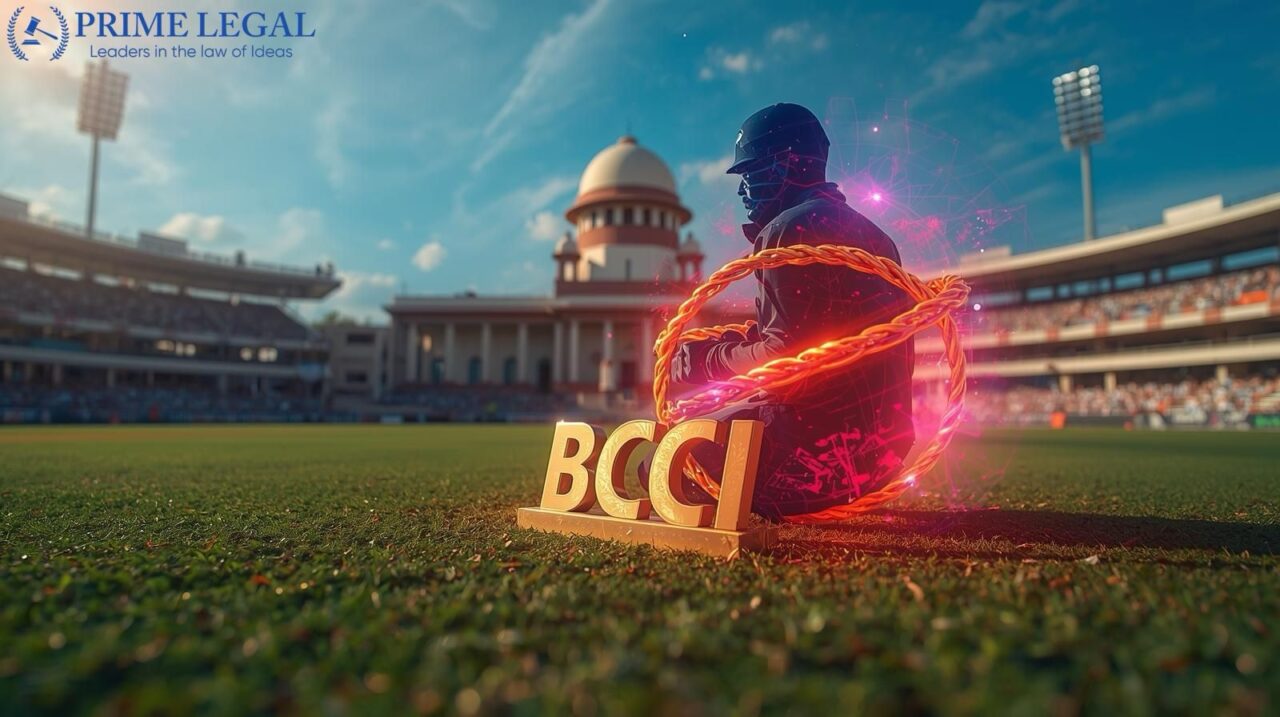Introduction
Match-fixing means the teams manipulating the outcome of a certain match by getting monetary benefits from the other team or a benefiting party. Match Fixing is of common parlance in India.
In countries like Australia, the United Kingdom and South Africa, it is a criminal offense punishable with jail time.
In India, the game of cricket is widely supported and cheered on; the offence of match fixing only violates the BCCI Code of Conduct and is not a punishable offence under the criminal laws.
Background
The present talk on match fixing arises out of a match fixing which took place during the Karnataka Premier League of 2019. The final match of the league was said to be fixed. The players CM Gautham and Abrar Kazi accepted INR 20 Lakh from the bookies to voluntarily underperform in the match. Due to their underperformance, the team lost the match, and the opposing side, Hubli Tigers, won by eight runs.
This led to the filing of the chargesheet by the Karnataka police under Section 420 of the IPC for cheating. The Karnataka High Court quashed the proceedings, stating that match fixing does not fulfil the requirements for cheating and therefore is not cheating, even if in a general sense it can be considered as cheating. The Karnataka High Court instructed the BCCI to take disciplinary action.
Challenging the decision of the High Court, the Karnataka State government approached the Supreme Court in the case titled State of Karnataka and Anr. Vs Abrar Kazi and Ors SLP (Crl) No. 9408-9411/2022. The Supreme Court was tasked with determining if match fixing was a criminal offence. The BCCI has intervened and given its opinion on the matter.
Key Points
To be criminalized: The BCCI has put forth the suggestion that the act of match fixing is to be criminalized and those involved in such practices should be punished. It cited that countries like Australia, the United Kingdom and South Africa, where there is a huge support and spectatorship for cricket, have made match fixing a criminal offence punishable with jail time. The BCCI also pointed out that while the Prevention of Corruption Act and the Public Gambling Act deal with betting and bribery in certain contexts, there is no particular legislation which punishes match fixing in private sports leagues.
Protect the spectators: Match fixing undermines public confidence in the fairness of the event and discourages legitimate investment and threatens the credibility of India’s massive cricket fan base which contribute towards watching the matches and help in India’s economy. The investors contribute towards sponsoring the matches and the players and help conducting the matches. Criminalization of match fixing is necessary to deter teams and players from getting involved in it and ensuring fair sportsmanship.
Conclusion
The BCCI’s intervention in the Supreme Court proceedings shows how it has expanded its scope from being an administrative authority to becoming a law protecting authority which is focused on ensuring just sport practices and well being of the spectators and investors.
“PRIME LEGAL is a full-service law firm that has won a National Award and has more than 20 years of experience in an array of sectors and practice areas. Prime legal falls into the category of best law firm, best lawyer, best family lawyer, best divorce lawyer, best divorce law firm, best criminal lawyer, best criminal law firm, best consumer lawyer, best civil lawyer.”
WRITTEN BY: I Sharan


